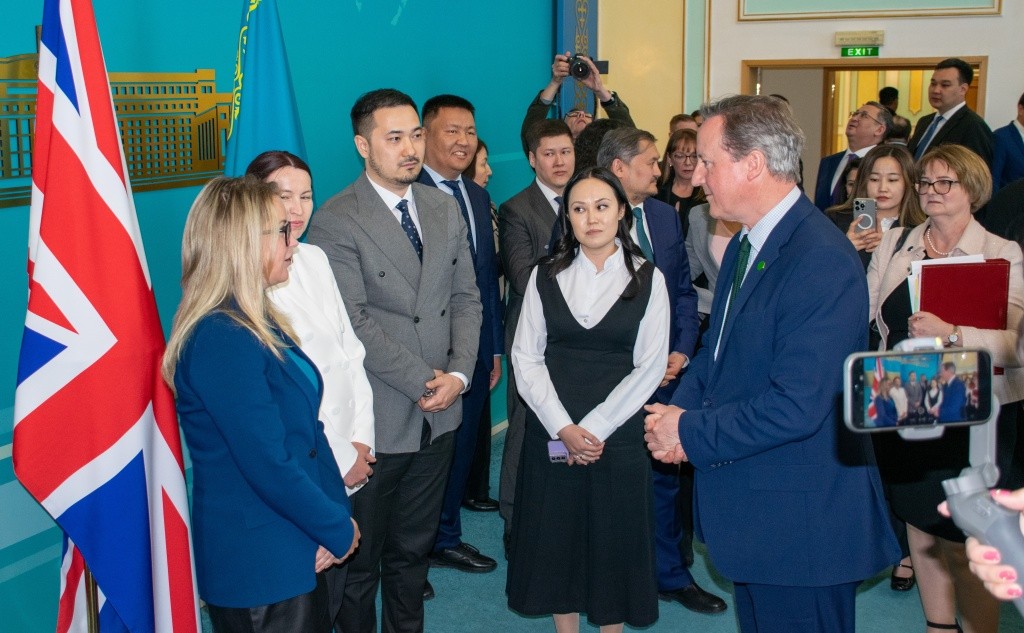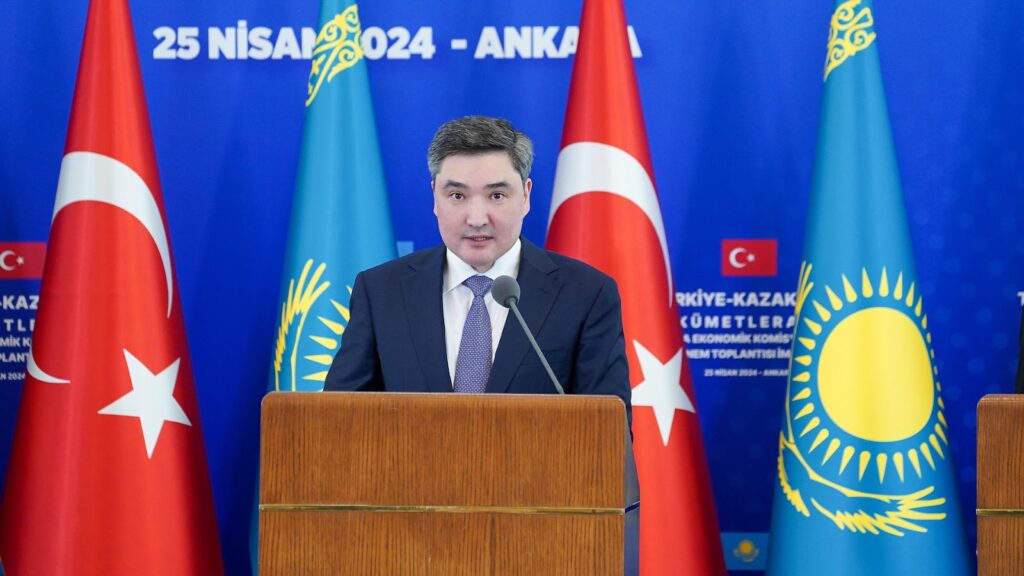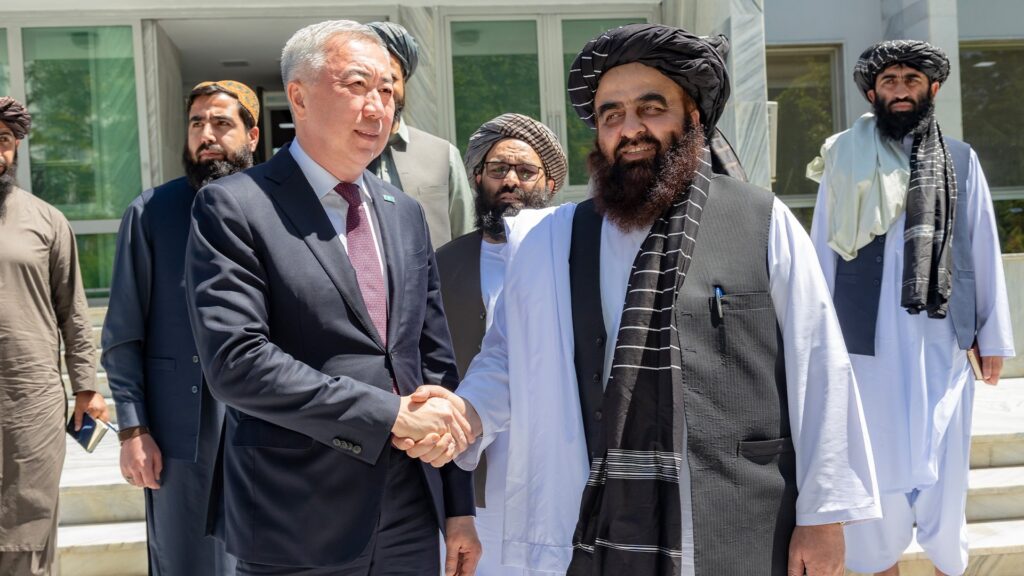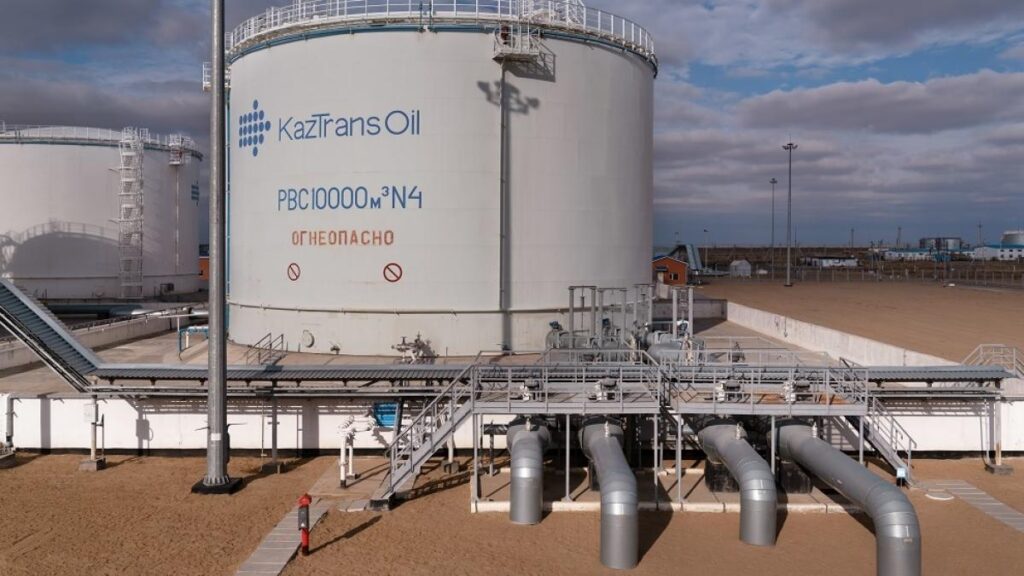British Companies Enter Commercial Agreements with Kazakhstan
Two new Kazakh-British business agreements were signed off during UK Foreign Secretary David Cameron’s visit to Kazakhstan on 24 April. The first, between AstraZeneca, a British-Swedish multinational pharmaceutical and biotechnology company, Kazakhstan’s Ministry of Healthcare, Almaty City Administration and Kazakh Invest, aims to implement an investment project for contract manufacturing of biotechnological products in Kazakhstan. According to Kazakh Invest, the agreement represents a significant step towards Kazakhstan’s goal to increase its share of domestically- produced medicines in the local market to 50%. The second deal, signed by the Ministry of Transport of Kazakhstan and British company Car Park Transformer, makes provision for the construction of roadside service facilities on Kazakhstan’s national and international highways. Comprising 250 service stations equipped with restrooms, retail spaces, as well as electric vehicle charging points, the project aims to provide essential services and enhance the comfort of motorists.








